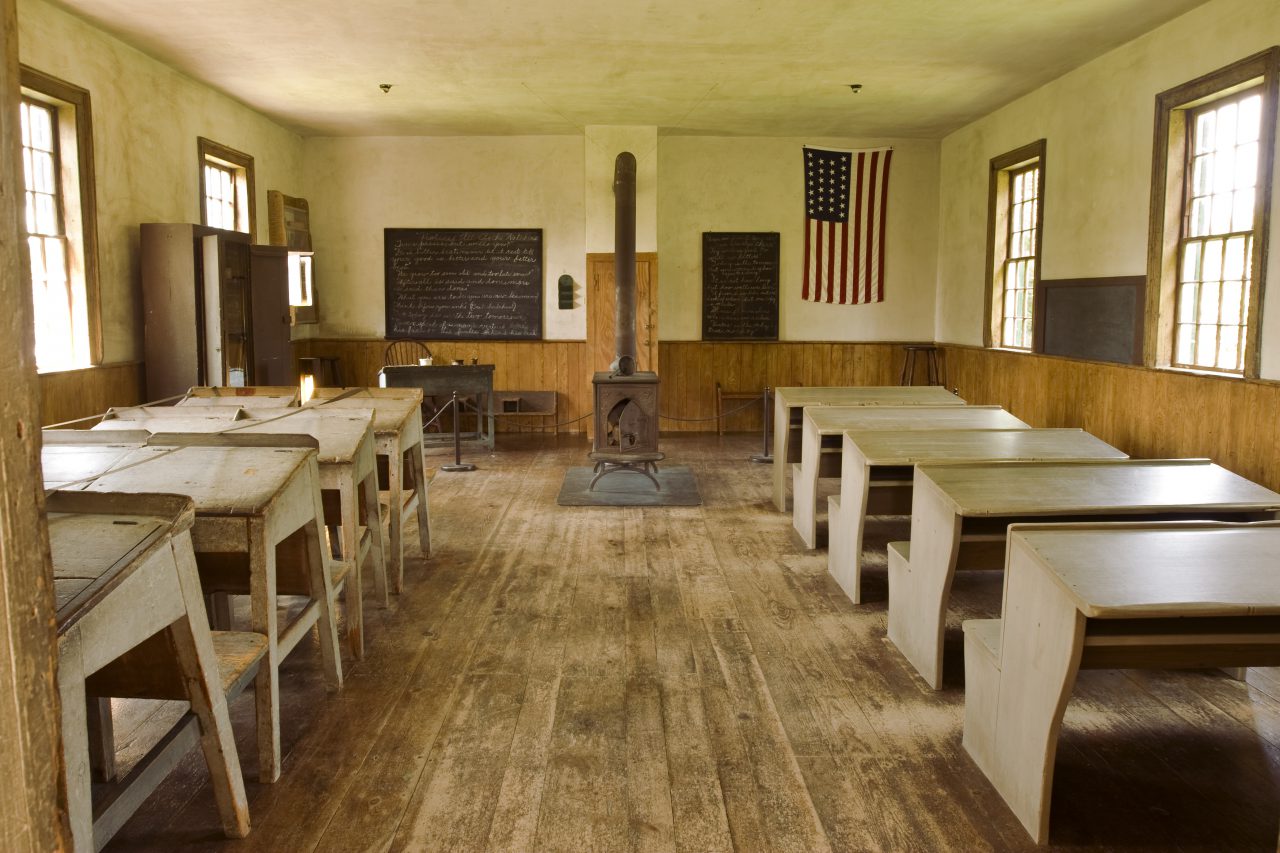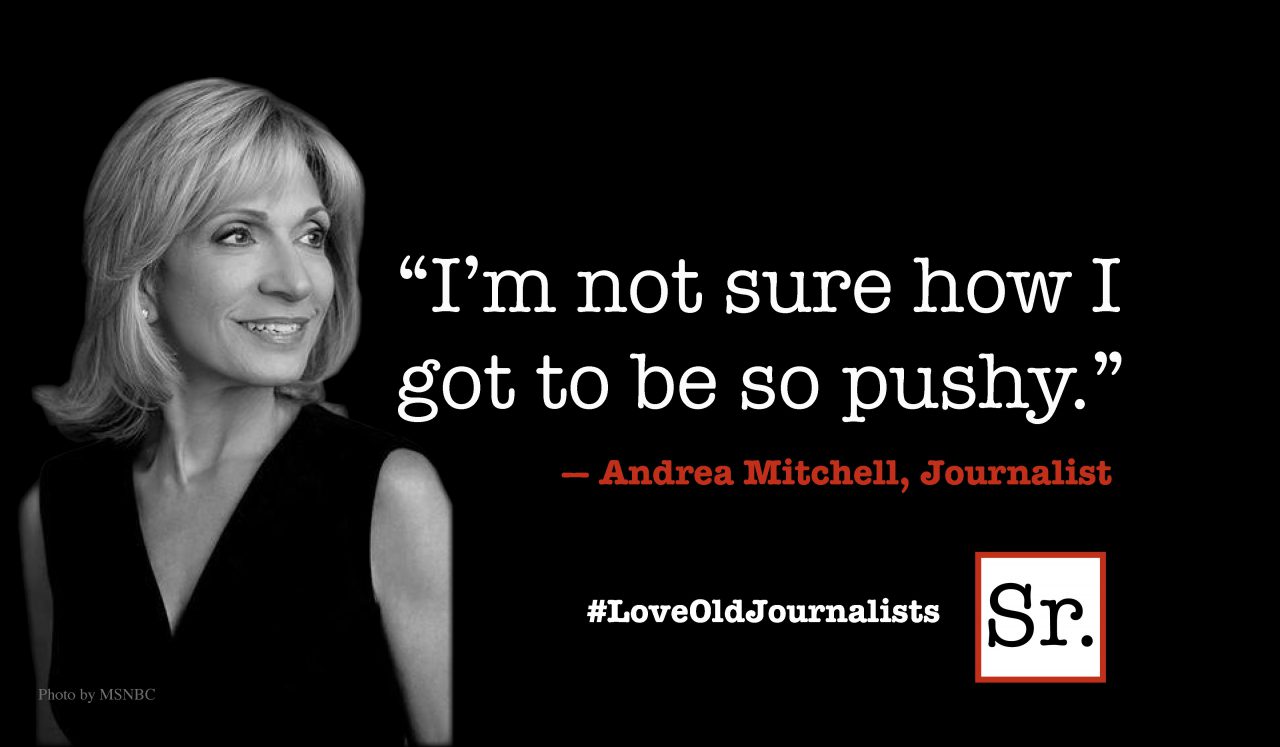I loved school. I loved the Big Chief tablet, the Crayolas (even though the box contained only eight crayons in those days) and I loved the cedar smell of a newly sharpened pencil and the leather smell of new brown oxfords.
We didn’t have kindergarten in the little country schools, at least not in Oklahoma in 1935, so students began in the first grade. You were supposed to be six years old to be in the first grade, but I wasn’t even five when school started that year. My mother decided to send me to school anyway, along with my sister and two brothers. An older sister was already in high school. The teacher, Mrs. Reynolds, gave me an unofficial test and said it would be fine for me to enter first grade.
I’m not sure why I spent the first few days on her lap but soon enough I was given a little desk in the row of other first graders. The desks in our row lacked the hole where the ink well would be in the desks when we reached fourth grade.
We walked slightly over one mile to school each day, but we always were there before the second bell. In that part of northeastern Oklahoma, most of the kids were part Native American, and many were full blood members of the Delaware tribe. Our nearest neighbors were Delawares, and their family was large. Each of my brothers and sisters had a best friend, an Indian child of about the same age.
My best friend was Betty, a whole year older than I was, but we started first grade on the same day. We were fiercely competitive in everything we did, from learning to read and spell to the fine art of climbing a metal pole or playing jacks.
I sat behind Betty and we often whispered to each other even though we had been told not to talk with other students while students in higher grade levels than ours were trying to learn their lessons.
One day when Betty and I were caught whispering, I was called up to the front of the room and made to stand in the corner where transgressors were publicly shamed. I was still crying when the noon bell rang and I went into the cloak room where my older sister, Bess, was to dole out whatever our mother had packed for us in a lard bucket. Betty’s big sister, Rosetta, also carried the lunch for her younger siblings in the same kind of container.
“What’s the matter with Nadine?” asked Rosetta, who noticed I couldn’t eat for crying.
“Oh, she had to stand in the corner for being a chatterbox,” Bess explained. That made me even more ashamed, and I wept even louder.
“Well, maybe if I make Betty cry, she’ll feel better,” said Rosetta, with exquisite logic.
She hauled off and slapped Betty hard on the cheek, and sure enough, Betty commenced to bawl. I stopped crying and happily ate my sandwich.
It made perfect sense to me. After all, Betty had been talking too but I was the one who got caught. I don’t remember why she finally stopped crying, but she did.









